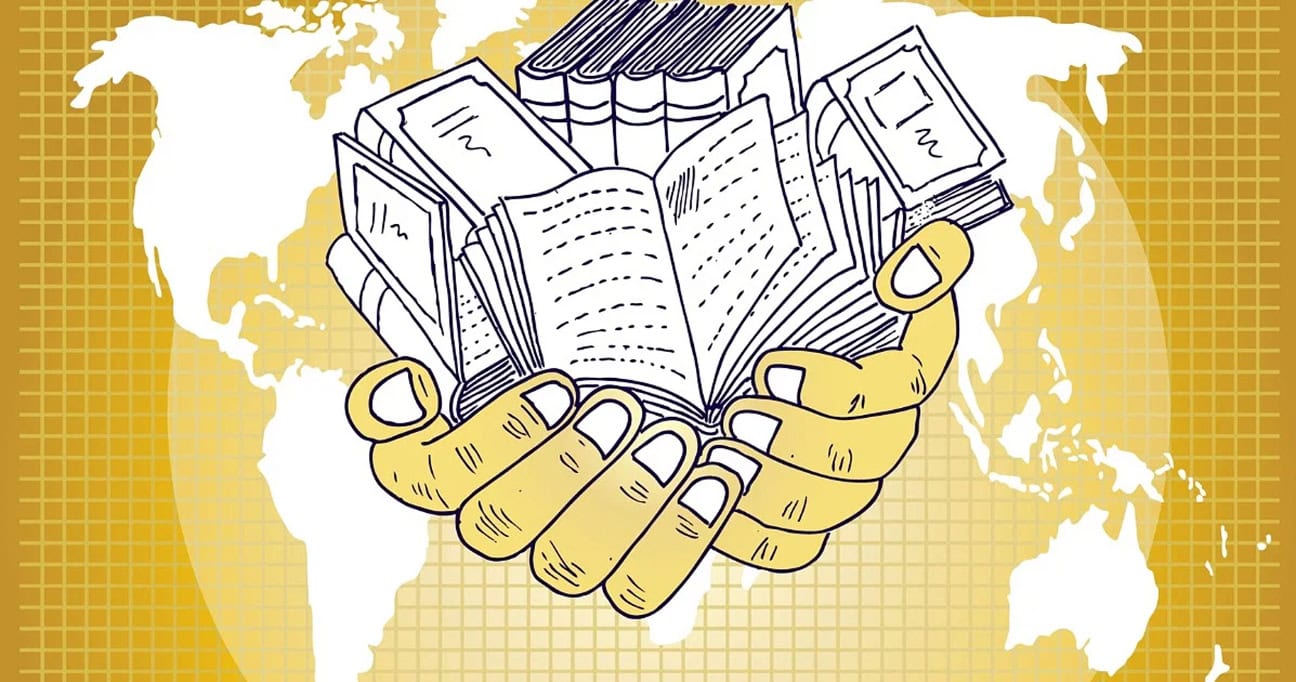Since 1967, the annual celebrations of International Literacy Day (ILD) have taken place on 8 September around the world to remind policymakers, practitioners, and the public of the critical importance of literacy for creating more literate, just, peaceful, and sustainable society.
Literacy is a fundamental human right for all. It opens the door to the enjoyment of other human rights, greater freedoms, and global citizenship. Literacy is a foundation for people to acquire broader knowledge, skills, values, attitudes, and behaviors to foster a culture of lasting peace based on respect for equality and non-discrimination, the rule of law, solidarity, justice, diversity, and tolerance and to build harmonious relations with oneself, other people and the planet.
In 2022, however, at least one out of seven adults aged 15 and above (765 million) lacked basic literacy skills. Additionally, millions of children are struggling to acquire minimum levels of proficiency in reading, writing and numeracy, while some 250 million children of 6-18 years old are out of school.
Celebrations in 2024
This year, ILD will be celebrated under the theme of “Promoting multilingual education: Literacy for mutual understanding and peace”.
There is a pressing need to harness the transformative potential of literacy for promoting mutual understanding, social cohesion, and peace. In today’s world, in which multilingualism is a common practice for many, empowering people by adopting a first language-based, multilingual approach to literacy development and education is particularly effective for its cognitive, pedagogical, and socio-economic benefits. Such an approach can help promote mutual understanding and respect, while solidifying communal identities and collective histories.
ILD2024 will unpack issues related to literacy in multilingual contexts for achieving lasting peace and will explore possible solutions for enhancing policies, lifelong learning systems, governance, programmes, and practices. ILD2024 will be celebrated in-person and online at the global, regional, national, and local levels.
Source: Unesco


